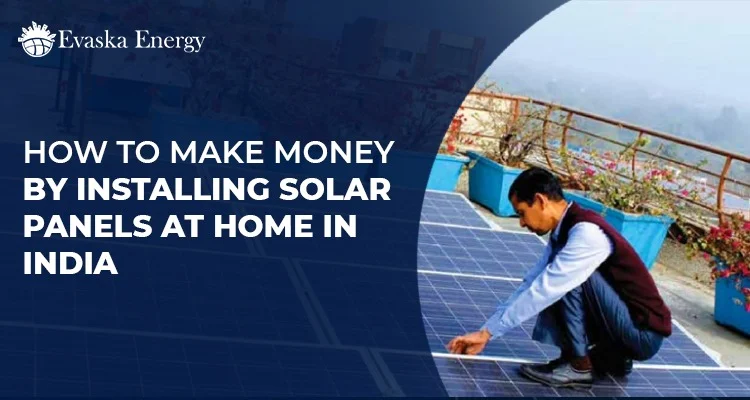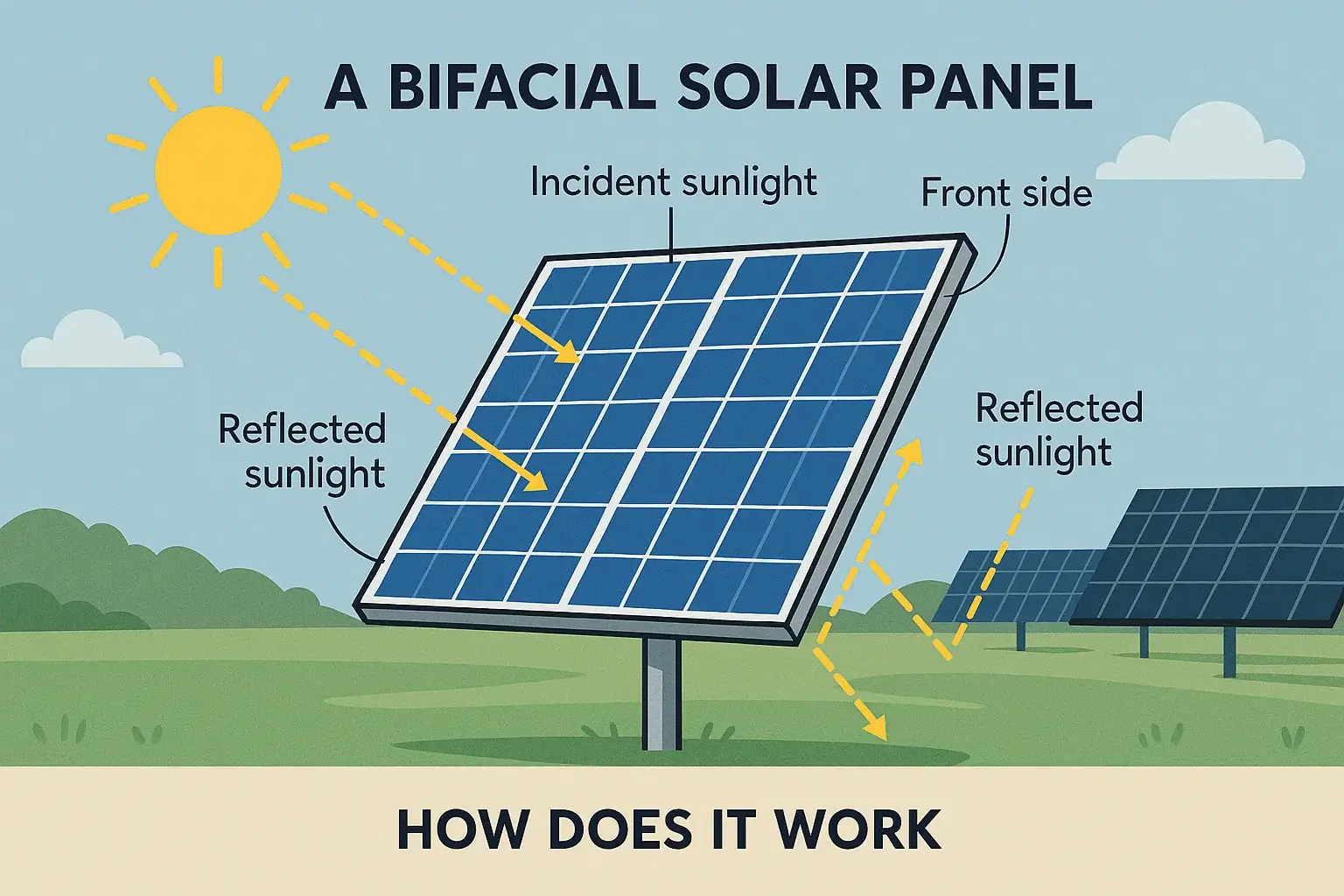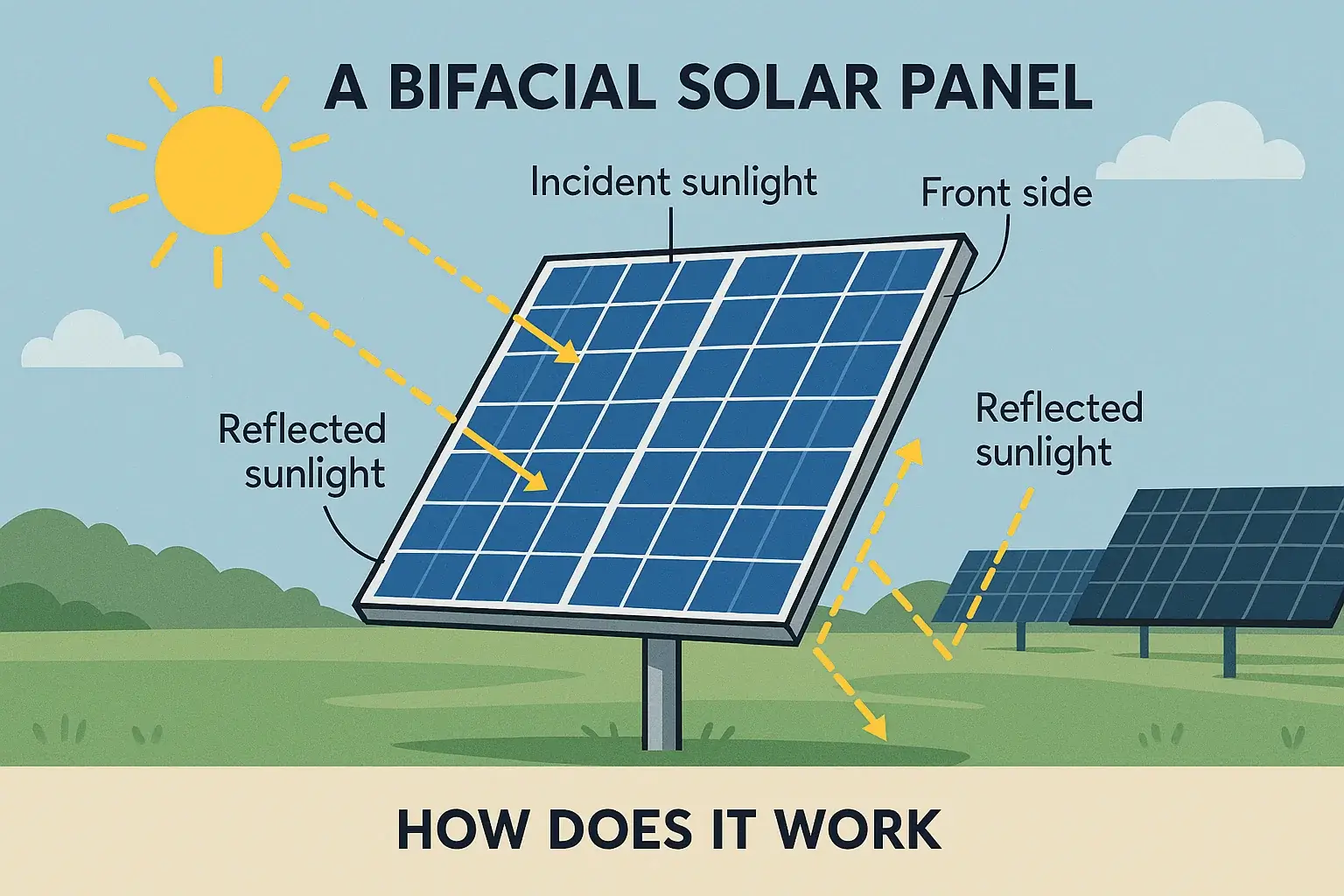How to Make Money by Installing Solar Panels at Home in India
Thinking of installing solar panels at home? You’re not just saving on electricity bills—you’re stepping into a smart investment opportunity that can actually help you earn money every month. Thanks to government support, net metering policies, and falling solar costs, residential solar in India has become more profitable than ever.
What Is Net Metering and How It Helps You Earn?
Net metering is a billing mechanism that allows you to export unused solar energy back to the electricity grid. Here's how it works:
- Your 5 kW solar system generates 700–750 units per month.
- If your home consumes only 500 units, the extra 200 units go to the grid.
- These exported units are credited in your electricity bill—sometimes even earning you money.
This system is available across most Indian states, including Delhi, Haryana, Rajasthan, and Uttar Pradesh, and it’s backed by state and central policies.
How Much Does a Home Solar System Cost?
The cost of a solar panel system in India generally ranges from ₹55,000 to ₹65,000 per kW (2025 pricing), depending on:
- Panel type (monocrystalline or polycrystalline)
- Inverter quality and brand
- Rooftop structure and installation complexity
| System Size | Approx. Cost (₹) | Monthly Savings (₹) |
| 3 kW | ₹1.65 Lakh |
₹3,000–4,000 |
| 5 kW | ₹2.75 Lakh |
₹5,000–6,500 |
| 10 kW | ₹5.5 Lakh |
₹9,000– 12,000 |
With a payback period of just 4–5 years, you enjoy 20+ years of free electricity afterward.
How Much Can You Actually Save?
If you live in cities like Delhi, Gurgaon, Noida, or Ghaziabad, your average monthly electricity bill might range between ₹5,000–₹12,000. A solar plant can reduce this by up to 90%. Over 25 years, that's a potential saving of ₹15–25 lakhs, depending on system size. Apart from saving lakhs over time, a solar plant also helps you reduce carbon emissions. A 10 kW solar plant can offset nearly 10 tons of CO₂ each year, equivalent to planting 400+ trees annually.
Maintenance Service ?
Solar panels are low maintenance. Just clean them every 15–20 days to remove dust. No moving parts means no wear and tear. Inverter may require replacement after 10–12 years, but most brands now offer warranties up to 10 years.You can also opt for automated robotic cleaning systems or hire professional AMC services.
Is Solar Really Profitable in India?
Absolutely. Installing a solar panel system at home is not just an energy decision—it’s a smart financial move. You reduce your dependency on DISCOMs, cut electricity bills, and most importantly, earn money by feeding excess energy back to the grid. If you’ve got a rooftop and high electricity bills, now is the perfect time to go solar and start earning from the sun.








